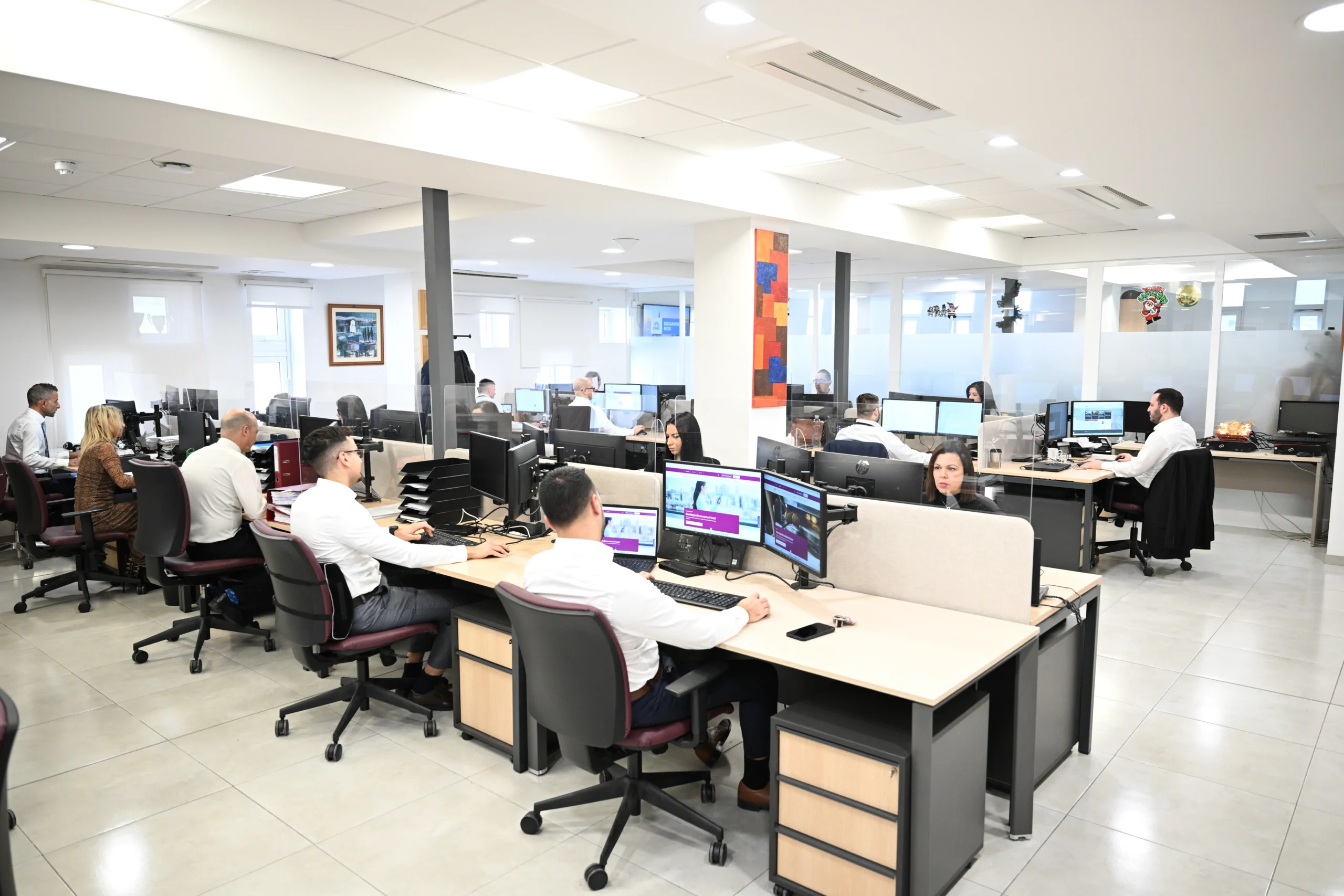Supervisory pilot reveals moderate exposure to climate risks

John E. Kaye
- Published
- Banking & Finance, Home

The first assessment of financial risks stemming from climate change performed by French banking supervisory authorities showed that French banks display moderate exposure to climate risks
The French pilot focused on banks’ exposure to the two subsets of climate risk: transition and physical risk. As an exercise, it fed into efforts being undertaken by the Network for Greening the Financial System to highlight the transmission channels between the emerging physical and transition risks of climate change and the traditional financial risk taxonomy developed under the Basel capital adequacy framework for credit, market, and operational risks.
The overall ‘moderate’ impact of climate risk on French banks’ credit quality can be explained by their geographic and business exposure. The most sensitive exposures represent a relatively small part of total lending, accounting for only 9.7% of corporate portfolios. The test also identified ‘winning’ sectors i.e. those that would experience a decrease in probabilities of default such as the construction sector, for which transition is an opportunity. “The net impact of transition risk on credit costs will depend on transition patterns (orderly, delayed, sudden), but it remains below 20bp which is low in our view,” said Hardy.
A major benefit of climate stress tests is creating a dedicated timeframe for measuring climate risk. In the meantime, the need to model risks over an extended time horizon creates additional hurdles in comparison to traditional stress test exercises, which are usually limited to shorter time horizons. “Given this extended timeframe and unlike traditional stress tests, the climate stress test allows for corrective measures to be integrated in the form of management actions, and the modelling of dynamic balance sheets, like corporate portfolio re-allocation,” Hardy said.
From a credit rating perspective, identifying the most sensitive corporate sectors and reviewing strategies to adapt to climate risk are direct inputs into bank credit rating analysis. The pilot highlighted the challenge of setting the most relevant criteria for sector identification, which at this stage may lack sophistication. Looking for the sectors that are the larger contributors to greenhouse gas emissions (volumes) produces different results to focusing on the potentially bigger financial risk associated with the introduction of a carbon tax.
Banks will apply a variety of strategic options to limit credit risk. They range from the strict early application of an exclusion policy to a more inclusive credit policy to accompany clients as they transition. “In our view, there is no one size fits all strategy to optimise for credit risk arising from climate risks,” Hardy said.
Download the report here.
Further information
Sign up to The European Newsletter
RECENT ARTICLES
-
 Lusaka Securities Exchange surges ahead on reform momentum
Lusaka Securities Exchange surges ahead on reform momentum -
 PROMEA leads with ESG, technology and trust in a changing Swiss market
PROMEA leads with ESG, technology and trust in a changing Swiss market -
 Why collective action matters for pensions and the planet
Why collective action matters for pensions and the planet -
 Structuring success with Moore Stephens Jersey
Structuring success with Moore Stephens Jersey -
 PIM Capital sets new standards in cross-jurisdiction fund solutions
PIM Capital sets new standards in cross-jurisdiction fund solutions -
 Innovation, advisory and growth: Banchile Inversiones in 2024
Innovation, advisory and growth: Banchile Inversiones in 2024 -
 Digitalization, financial inclusion, and a new era of banking services: Uzbekistan’s road to WTO membership
Digitalization, financial inclusion, and a new era of banking services: Uzbekistan’s road to WTO membership -
 Fermi America secures $350m in financing led by Macquarie Group
Fermi America secures $350m in financing led by Macquarie Group -
 Banchile Inversiones receives three prestigious international awards
Banchile Inversiones receives three prestigious international awards -
 What makes this small island one of the world’s most respected financial hubs?
What makes this small island one of the world’s most respected financial hubs? -
 MauBank wins international award for tackling barriers to finance
MauBank wins international award for tackling barriers to finance -
 ‘It’s like a private bank but with retail rates’: Inside Jersey’s mortgage market for new high-value residents
‘It’s like a private bank but with retail rates’: Inside Jersey’s mortgage market for new high-value residents -
 How one fintech is using AI to fix Latin America’s broken mortgage system
How one fintech is using AI to fix Latin America’s broken mortgage system -
 Why the humble trading journal could be your edge in volatile markets
Why the humble trading journal could be your edge in volatile markets -
 The smart way to structure family wealth: Why Liechtenstein funds are in demand
The smart way to structure family wealth: Why Liechtenstein funds are in demand -
 How market concentration is creating new risks and opportunities
How market concentration is creating new risks and opportunities -
 Staying the course in an unpredictable market
Staying the course in an unpredictable market -
 Decision-making factors when establishing a foundation
Decision-making factors when establishing a foundation -
 Why the British Virgin Islands remains a top destination for global business
Why the British Virgin Islands remains a top destination for global business -
 Malta’s growing appeal as a financial services domicile
Malta’s growing appeal as a financial services domicile -
 Matthieu André on AXA IM Select’s award-winning approach to multi-manager investing
Matthieu André on AXA IM Select’s award-winning approach to multi-manager investing -
 A legacy built on trust
A legacy built on trust -
 U.S voters slam economy as ‘on wrong track’ — but back skills revolution, poll finds
U.S voters slam economy as ‘on wrong track’ — but back skills revolution, poll finds -
 Liechtenstein financial centre: A safe haven in uncertain times
Liechtenstein financial centre: A safe haven in uncertain times -
 Why biotech incubators need our support
Why biotech incubators need our support



























